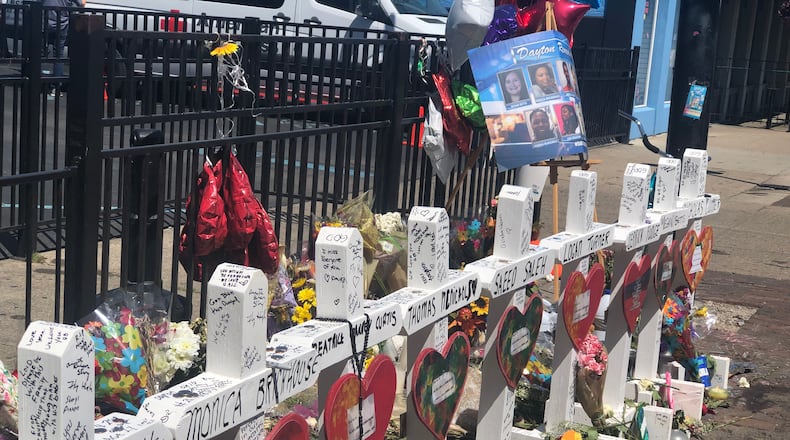But despite routinely denying more victims than it helps, the fund has been shrinking for years. The fund ended last year with a balance of $6.2 million, the lowest amount in a decade and a sharp drop from $17.3 million in 2016.
“Immediate solutions are required to ensure the long-term viability of this fund that offers crime victims a helping hand at perhaps the most vulnerable point in their life,” Yost said in a statement today. “The financial strength of the fund is critical in making sure all Ohioans have access to the help they need.”
The fund gets much of its money from criminal fines, forfeited bail bonds, penalties and assessment in federal criminal cases. It provides financial support to victims of crime, such as helping with medical expenses and counseling. Program rules in Ohio that are being reviewed deny assistance to anyone convicted of a felony in the decade before they were victimized, or who had drugs in their system when they were victimized.
The letter to U.S. lawmakers says Congress in 2015 made changes allowing 2.5 million more victims to receive support. But fund revenues have been declining.
“The balance and financial health of the fund is in jeopardy,” the letter says. “As deposits have sharply decreased in recent years due to a decline in the fines and penalties recouped from federal criminal cases, withdrawals have increased at a rapid pace.”
The letter, signed by representatives from all 50 states, makes three recommendations that Yost’s office says will stabilize the fund’s balance and give them more flexibility in helping victims and their families:
- Redirect fines and fees from deferred and non-prosecution agreements resolving corporate misconduct to the fund.
- Increase the federal reimbursement for assistance to victims from 60 percent to 75 percent, with the remainder covered by fines and fees from state courts.
- Extend the deadline to spend federal victims compensation grant money from four years to a longer period of time.
About the Author


